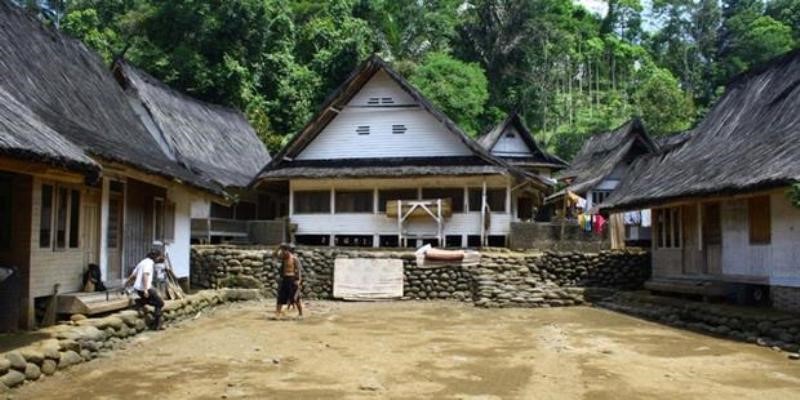Ritual gastronomy and cultural identity formation in Kampung Naga: an ethnographic investigation of the role of culinary in religious rituals and cultural practices
DOI:
https://doi.org/10.31943/gw.v14i3.560Keywords:
Ritual gastronomy, cultural identity formation, Kampung Naga, religious rituals and cultural practicesAbstract
This study examines ritual foods that shape cultural identity in Kampung Naga. This anthropological study examines how gastronomy influences people's religious and cultural behavior. Kampung Naga in Tasikmalaya is known for its rich cultural heritage. This study is qualitative research with an ethnographic approach. The research methods include participant observation, in-depth interviews with the community, and visual recording. Data, symbolic connotations, and gastronomic functions in religious rituals and cultural activities were analyzed using qualitative techniques. Ritual gastronomy is also studied using related literature and previous research. In Kampung Naga, gastronomic rituals shape cultural identity. Religious ceremonies use food and drink to transmit cultural values, spirituality, and traditions. Ritual food preparation, traditional ingredients, and unique serving processes highlight the rich culture of the people. This study explains the relationship between food, religion, and identity.
Downloads

Downloads
Published
How to Cite
Issue
Section
License
Copyright (c) 2023 Yudhiet Dewantara, Nurbaeti Nurbaeti, Jajang Gunawijaya

This work is licensed under a Creative Commons Attribution 4.0 International License.
The use of non-commercial articles will be governed by the Creative Commons Attribution license as currently approved at http://creativecommons.org/licenses/by/4.0/. This license allows users to (1) Share (copy and redistribute the material in any medium) or format; (2) Adapt (remix, transform, and build upon the material), for any purpose, even commercially.









